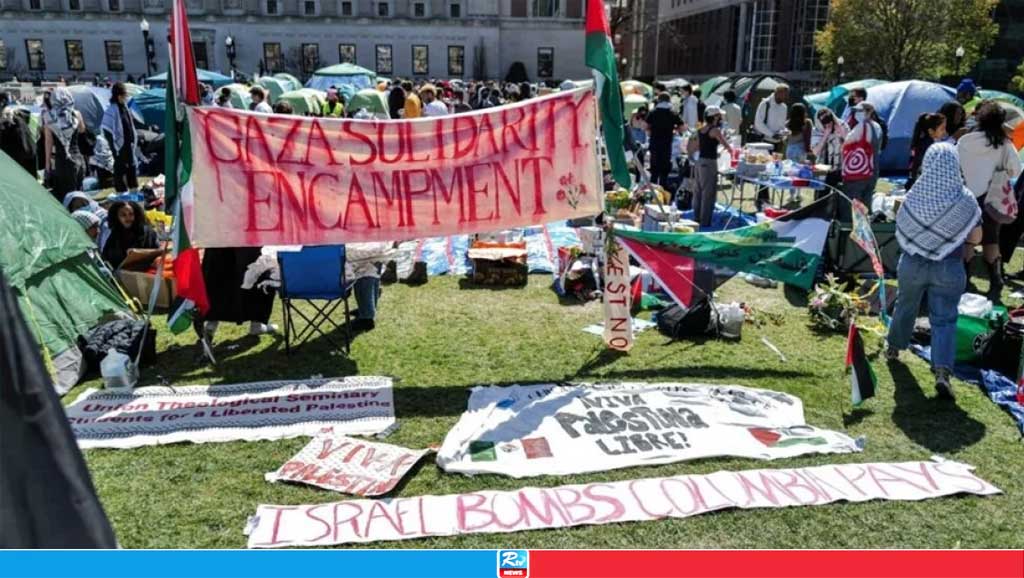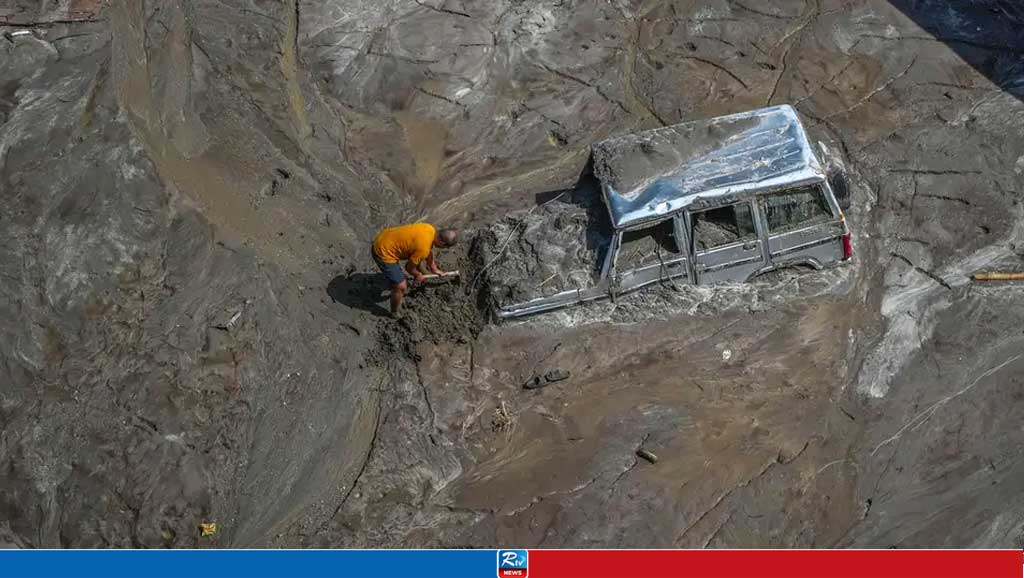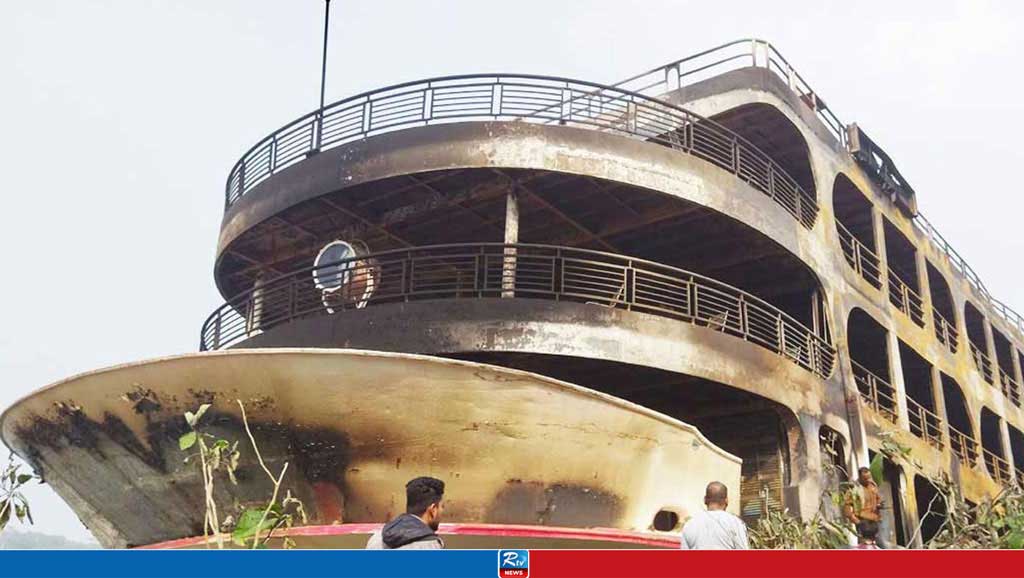Pak govt protecting Mumbai blasts perpetrators: India at UN
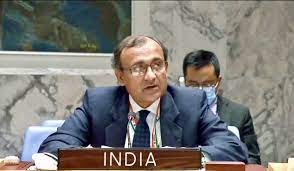
On Tuesday, India at the UN said that the crime syndicate responsible for the 1993 Mumbai bomb blasts was not just given state protection and facilities but it also enjoyed a five-star hospitality, in a veiled reference to the D-company head Dawood Ibrahim believed to be hiding in Pakistan.
India’s Permanent Representative to the UN Ambassador T S Tirumurti told the International Counter Terrorism Conference 2022 organised by the Global Counter Terrorism Council that linkages between terrorism and transnational organised crime must be fully recognised and addressed vigorously. “We have seen the crime syndicate responsible for the 1993 Mumbai bomb blasts not just given state protection but enjoying 5-star hospitality,” he said.
Tirumurti’s remarks were a thinly-veiled reference to D-Company and its head Ibrahim, believed to be hiding in Pakistan.
In August 2020, Pakistan had for the first time acknowledged the presence of Ibrahim on its soil after the government imposed sweeping sanctions on 88 banned terror groups and their leaders which also included the name of the underworld don wanted by India. Tirumurti said that the UN sanctions regimes, including the 1267 Al-Qaida Sanctions Committee, are pivotal to the international efforts in preventing terror-financing, terrorist-travel and access to arms by the terrorist organisations.
He, however, voiced concern that the implementation of these measures remains challenging. “It is critical that all sanctions regimes established by the Council ensure due process in their working procedures and decision-making. The decision-making process and listing/delisting measures should be objective, swift, credible, evidence based and transparent, and not for political and religious considerations,” the Indian Ambassador said.
He said that a recent report of the Monitoring Team (MT) on the asset freeze exemption procedures pursuant to resolution 2560 (2020) points to the lacunae of asset freeze measures by member states, partly due to deficiencies in the existing guidelines of the Committee.
Source: Hindustan Times
Comments
Brazil: Hundreds of homes destroyed in deadly floods
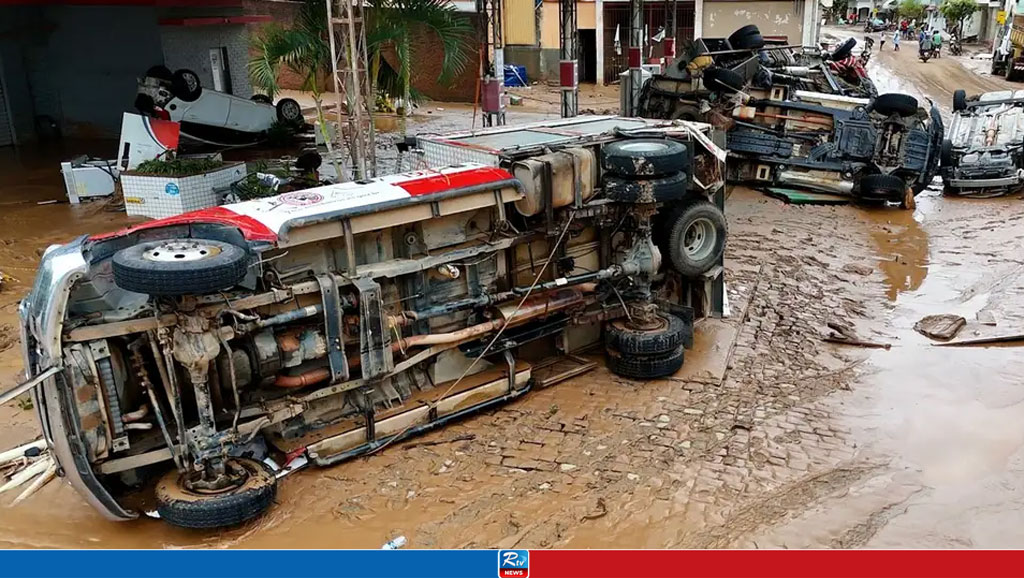
China’s Military Has One Mission: Prove It Can Invade Taiwan

5 Chinese workers killed in bombing

Japan's yen dips to 34-year low against US dollar
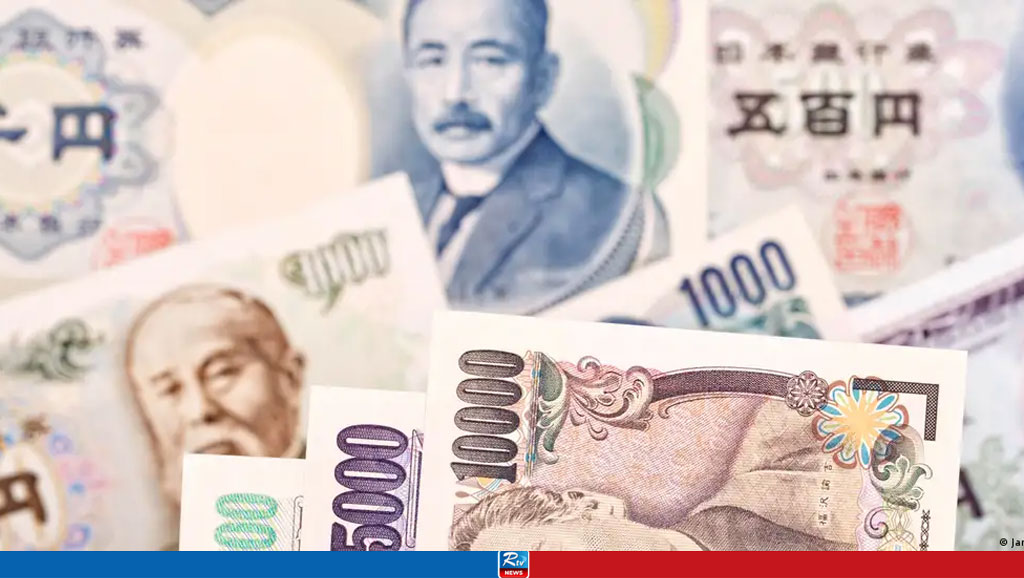
Decoding China’s Neo-Colonist practices in Africa
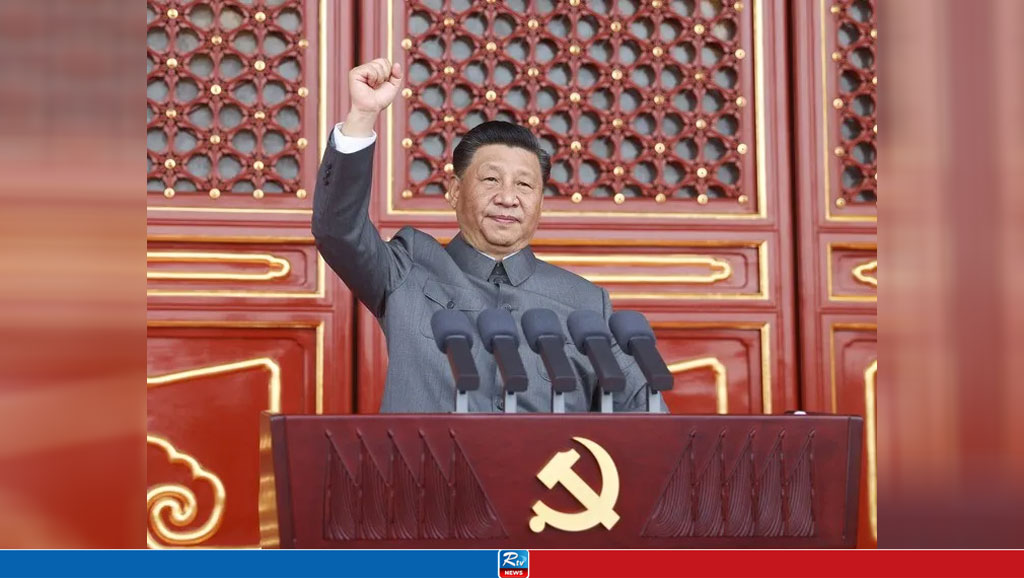
Jacob Zuma barred from running in election
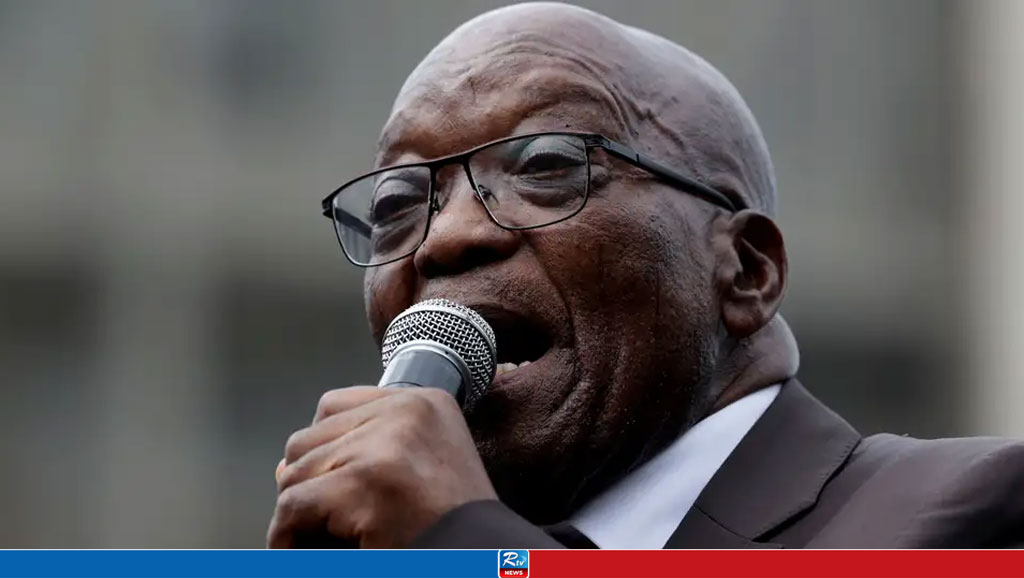
45 dead in South Africa bus crash, 8-year-old girl only survivor
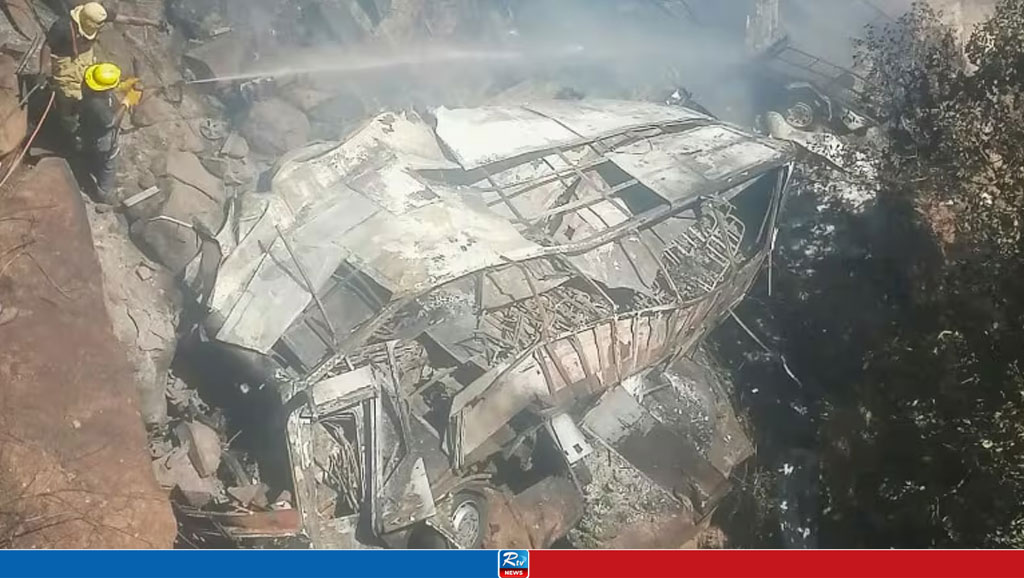

 Live Tv
Live Tv


